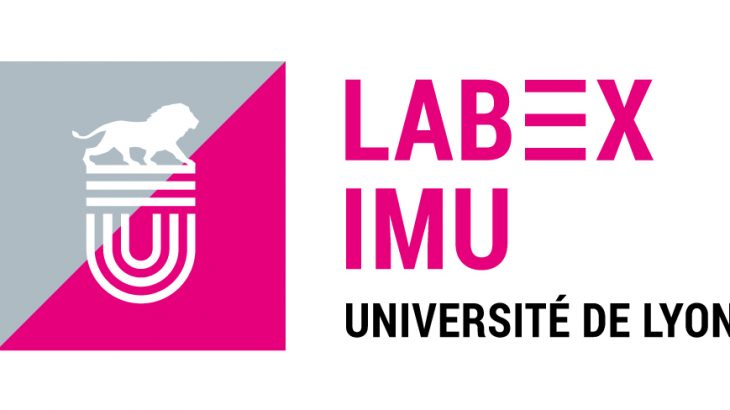Résultats de la recherche pour : practices
-
17 juillet 2018
VÉLOVGR – “Vélover la ville” (cycle the city) (2013)
Summary: Urban self-service bicycle sharing systems have been developing rapidly on an international scale for less than a decade, and correspond to a change in mobility, public services and contemporary urban practice. This innovation, which resembles individual public transportation, makes the user the producer of their mobility and the co-producer of the evolution of an […]
+
-
URBIEAU – Functions of planted spaces for urbanity, biodiversity and water management (2013)
Summary: Today “nature” in the city has entered into the vocabulary of the managers and planners of the cities of the 21st century, as well as of policy-makers and the public. “Nature” in the city is associated with functions (e.g. green band for biodiversity, well-being of residents, rainwater management, and mitigating urban heat islands) which […]
+
-
RIVIERE – Re-naturing the city, a risk or a factor for social well-being in the eyes of residents and users? Contribution of landscape mediation (2013)
Summary: The re-naturation of cities represents a major preoccupation to the extent that it responds to ecological (biodiversity) and social (well-being) issues. Therefore, aquatic environments (rivers, reservoirs) located within or in contact with cities are the object of increasing appreciation. Nonetheless, this process creates some risks for societies (health risk, flood risk, drowning risk) and […]
+
-
POUDEV – Energy policies and customs in the city (2012)
Summary: The energy transition is emerging as a new urban public issue which is the subject of debate. Alongside the traditional energy management players (government, major industrial players in the sector), urban players are emerging (local communities, local technical operators – particularly housing operators – resident associations, etc.). While the issue of the energy transition […]
+
-
16 juillet 2018
ELUD – Urban logistical efficiency of sustainable food (2017)
Summary: The aim of this project is to offer a methodology providing a framework for simulating scenarios, as well as a set of indicators and tools for evaluating and analysing the sustainable performance of players involved in the logistics and transport of fresh products in order to estimate the sustainability of new urban food delivery […]
+
-
MOBICAMPUS-UDL – Process data gathered from web surveys and mobile phone tracking to understand and manage the mobility of academics at the University of Lyon Campus (2016)
Summary: The MobiCampus-UDL project aims to produce and analyse data on mobility practices and the use of space by people at several sites of the UDL campus (Les Berges du Rhône, LyonTech la Doua, Bron, Ecully and Vaulx-en-Velin) in order to set up a permanent system (observatory) for collecting data and producing knowledge for research […]
+
-
IOUQMER – Impact of urban organisations on the microbiological quality of surface runoff and the spread of the pathogenic species Pseudomonas Aeruginosa (2016)
Summary: Urban conurbations accumulate and concentrate a number of pollutants. Paradoxically, although urbanisation appears increasingly as a formation of ecosystems having global impacts, urban ecology attracts little attention, particularly as concerns health and hygiene issues including microbiological contamination in cities, apart from in hospitals. Research has recently commenced in this area. The prevalence of certain […]
+
-
IDENUM – Digital urban identities (2016)
Summary: This project addresses visual representations of the city through the production and publication of photographs and texts online and in particular on social media. The project aims to describe and characterise practices to document and archive the urban area by photography, linking them to individual and collective public and private projects conferring status and […]
+
-
HIREAU – How to reconstitute the history of sanitation and drinking water networks – application to the Lyon Métropole area (2016)
Summary: The sanitation and drinking water networks were built and extended by and for the city. This existing heritage affects management practices: several studies have shown the primordial importance of knowing the installation date and pipe materials in order to estimate their current state of deterioration and predict their degradation. The challenge for Lyon Métropole […]
+
-
FABPAT – Sharing the shaping of heritage – Approach and issues concerning the Historical Urban Landscape (HUL) (2016)
Summary: This project is taking place in a context of a significant transformation of the manner in which Unesco world heritage sites, including Lyon (1998), are taken into account and managed. Labex IMU was approached by regional players to implement these new procedures and the proposed consortium includes both the site’s heritage operators and scientists […]
+

